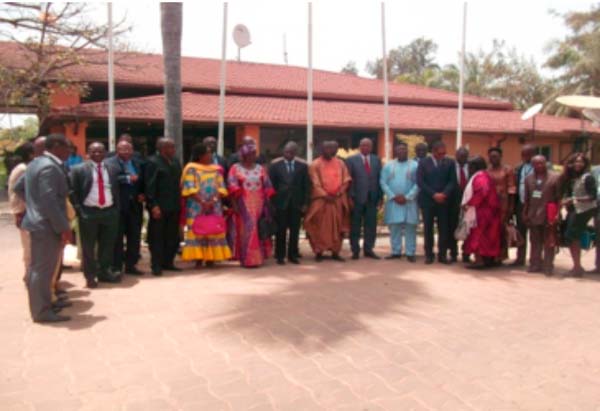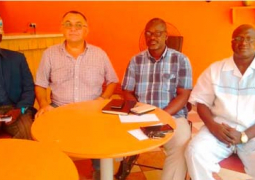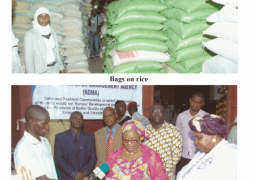
Speaking at the ECOWAS ministerial and experts meeting held recently in Banjul, commissioner Ebrima Njie said the presidents of Benin, Cote d’Ivoire, Nigeria, Togo and Ghana have agreed to construct a 6-lane (2x3) dual carriagewayfrom Lagos in Nigeria, through the territories of Benin, Togo, Ghana to Abidjan in Cote d’Ivoire.
The intension of the meeting was to extend the successes of this vision to the Dakar-Abidjan Corridor, he added.
He said as experts in their various fields, they all know the financial, legal, design and construction implications of a project of such magnitude and status.
“In the area of road infrastructure, there are issues of acquisition of right of way, compensation payments and resettlement (if the need arises), road design and standards, construction and supervision, contracting and management.”
In terms of legal matters, he said, they could talk about the preparation of a project agreement, legal framework governing the collaboration among corridor countries and the institutional arrangement for project development and management.
“All our dreams and aspirations will not see the light of day without the right mix of financing,” he observed.
“There are, therefore, critical issues of project preparation, funds mobilisation and investment mechanisms and sustainability of financing, capital markets and so on.”
He added that the much-desired socio-economic development, integration and the “ECOWAS of People Vision” that they seek as a community depends on the speed and reliability of the movement of persons and goods between member states.
Commissioner Njie said transport could be used as catalyst for political, economic and social integration, which is a major objective of member states of ECOWAS.
In order to facilitate transportation on this corridor, several interventions from ECOWAS, development partners and countries along the corridor have been undertaken over the years, he said, adding that these include road infrastructure improvement, border posts restructuring and transport facilitation interventions to improve the free flow of persons, trade and transport.
“We are still faced with the problems of the missing links in this corridor that has constituted a major hindrance to people and traffic flow,” he said, adding that it was their hope that this clog in the wheel of progress would be addressed frontally in their meetings.
“This is a wonderful opportunity to serve our populations and should be taken with all the seriousness and passion it deserves,” he opined.
Njie added that the meeting has come out with good and implementable recommendations that would give ministers and presidents the right footing to advance this “noble project”.
Read Other Articles In Article (Archive)
July 22nd wrestling finals set for Saturday
Nov 3, 2014, 6:59 PM



